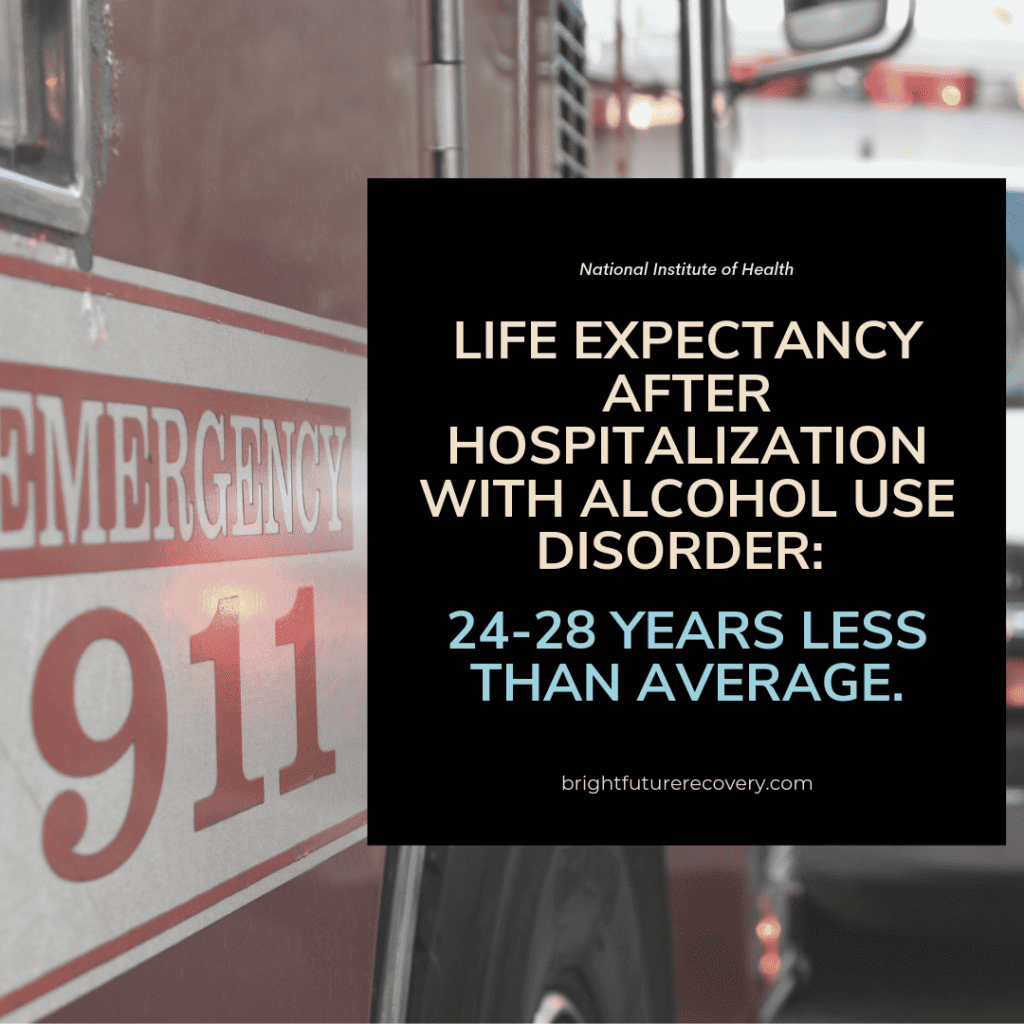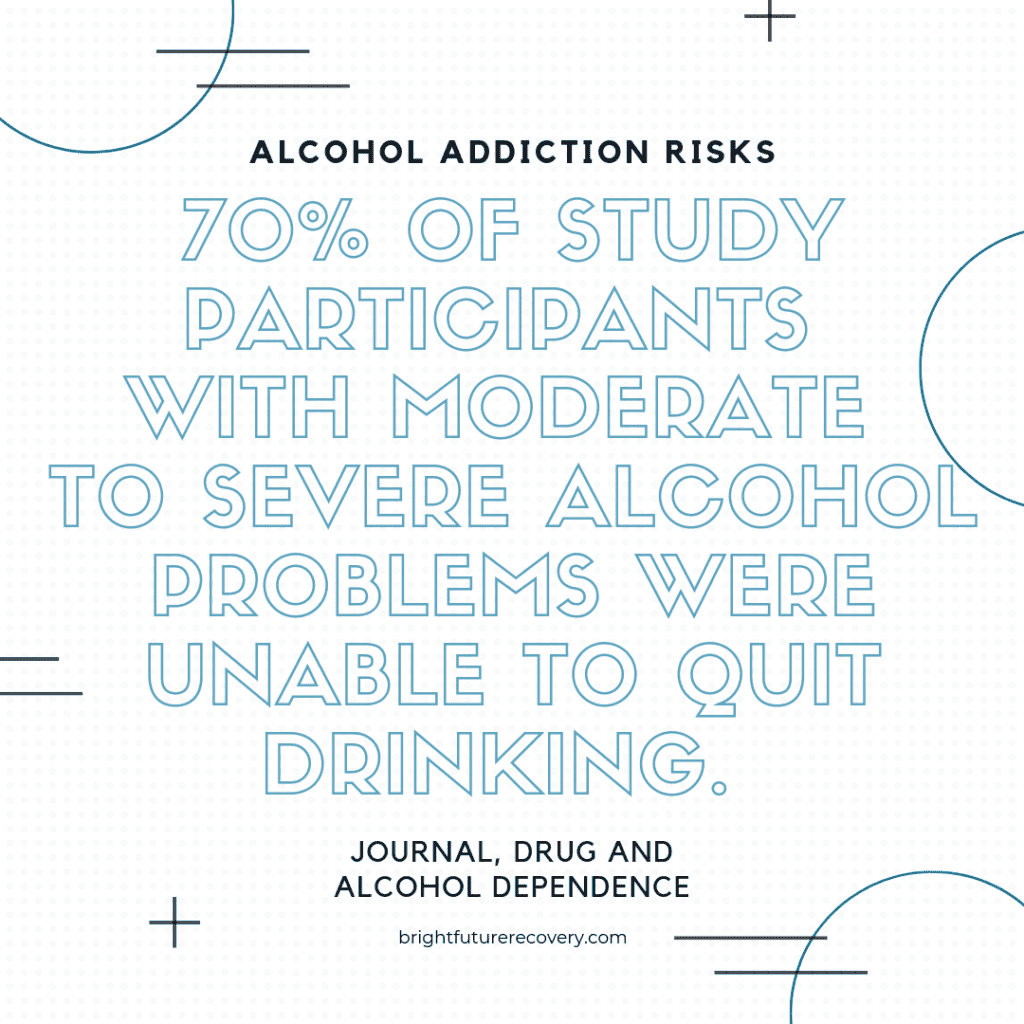Alcohol Addiction Treatment and Resources

Knowing When It’s Time for Alcohol Treatment
For all the questions that arise when concerned about personal alcohol consumption or the obvious signs of drinking dependency in a loved one, here are the answers that provide the resolve to move forward.
Most people take pride in their ability to own their behavior and maintain personal control of their affairs, even when it comes to drinking. Though realizing that this kind of self-discipline has come and gone due to a reliance on alcohol can be hard to swallow. To recognize that the urge to drink is more than a want but a necessity is difficult to accept. In fact, it’s common to set goals about alcohol intake as a way to lessen consumption in some manner. It’s one of the ways many try to convince themselves that they are in control of alcohol.
Usually, within a short amount of time, the goal to minimize the importance of alcohol in their lives or attempts at sobriety without professional help go by the wayside. As social drinking, for example, has escalated into alcoholism.
If this sounds familiar as representative of what’s going on in your life or someone you know and care about, read on to get crucial details on identifying whether it’s time for an alcohol intervention, alcohol detox, or alcohol treatment.
Alcohol Detox, Symptoms and Withdrawal
Binge drinking and other ways of exhibiting the signs of alcoholism come with physical and behavioral repercussions from ongoing use. Some are evident during alcohol consumption while others occur as a result of drinking. Not only does alcohol abuse increase the risk for injury, illness and disease to those with the consumption problem, but to those around them.
Alcohol Withdrawal
Just like other drugs, ongoing use of alcohol will create a co-dependency on its consumption. One of the ways that a person receives an indication that alcoholism may be present is in how he or she feels after the drinking stops. Whether it’s the next morning after a binder, a few hours before the next happy hour, or in between the 15 minute breaks at work and the relief that comes from a flask filled with vodka, alcohol withdrawal happens. There are only two ways to get past withdrawal: take another drink or continue the process of alcohol detox, preferably with medical supervision.
- Related Reading: How Long Do Alcohol Cravings Last During Alcohol Addiction Recovery?
Signs of Withdrawal from Alcohol
Depending on the longevity of alcohol dependency and the amount needed to eliminate the signs of alcohol withdrawal, the onset of any of the typical symptoms can begin just eight hours after the last drink consumed or up to four days after. In addition, withdrawal can be accompanied by mild, moderate, and severe affects.
Alcohol withdrawal symptoms can include:
- Digestive issues
- Nausea
- Vomiting
- Headache
- Sleeplessness
- Anxiety
- Heart palpitations
- Body shakes
- Profuse sweating
- Fever
- Confusion
- Shallow breathing
- Rapid heart rate
- Increased blood pressure
- Delirium tremens (DTs)

Severe withdrawal from alcohol can happen without warning, putting a person at risk for experiencing auditory and visual hallucinations, inability to focus, heightened confusion, agitation, seizures, coma, and death. This dangerous symptomology often develops within 48 hours after alcohol consumption has stopped and can last for up to a week.
Alcohol Detox Symptoms
The very reasons why people with an alcohol use disorder often continue to drink, despite the harm it brings to their livelihood, are the same reasons why many avoid alcohol detox. Because to undergo the first phase of alcohol addiction treatment, alcohol detox, requires enduring the alcohol withdrawal symptoms.
Alcohol detox is the time dedicated to allowing the body and the brain to remove the toxicity from years of drinking. In essence, the body will continue to crave alcohol and show it through painful detox symptoms that mirror alcohol withdrawal symptoms. Think of alcohol detox as alcohol withdrawal, left unanswered.
Even if alcohol detox happens under the care of a medical professional or alcohol addiction rehab, the risk for relapse of use is the strongest early on in the recovery process. Because alcoholism is a recurring disease, points of relapse can happen throughout the course of one’s life: 10 days, 10 months, 10 years or more after alcohol addiction treatment.
This is why it’s essential that a person who desires to remove dependency on alcohol must receive constant support and relapse prevention skills.

Alcohol Addiction Risks
Overcoming the need to consume alcohol can be a lifelong quest, for good reason. Ready access to this legal “drug of choice” doesn’t make sobriety any easier. But there’s another cause for concern with alcoholism.
Many people who live with problem drinking also use another drug, either simultaneously with alcohol or to help reverse the effects of alcohol. Both ways of supplementing alcohol use with drugs drastically increase physical, emotional and behavioral health risks.
Alcohol use disorder can also bring about the development of a mental illness, such as depression, anxiety or bipolar disorder. When this happens, dual diagnosis exists, intensifying alcoholism and the mental health condition. Estimates on recorded rates of dual diagnosis are 50 percent in those with alcoholism, though the actual number may be more.
Alcohol Treatment Options
Recovering from alcohol addiction isn’t necessarily the same path for everyone as severity of the disease, as well as where a person is in their journey of recovery, will necessitate different types of treatment.
For those who are either unaware of their affliction or are willfully choosing to ignore their predicament and the damage it has caused, alcohol intervention could be the first in a series of actions needed to move through the recovery process. Perhaps you or someone you care for already accepts alcoholism and is ready to enter into alcohol detox. And because alcoholism is a recurring disorder, people who have relapsed into use may already be familiar with the recommended steps to take in recovery and require revisiting their commitment to sobriety through an Outpatient program, instead of Inpatient Residential Treatment, Partial Hospitalization or Intensive Outpatient programs.
To find out where you or a family member is in the cycle of alcoholism and the need for alcohol treatment, refer to these options below for more information.







